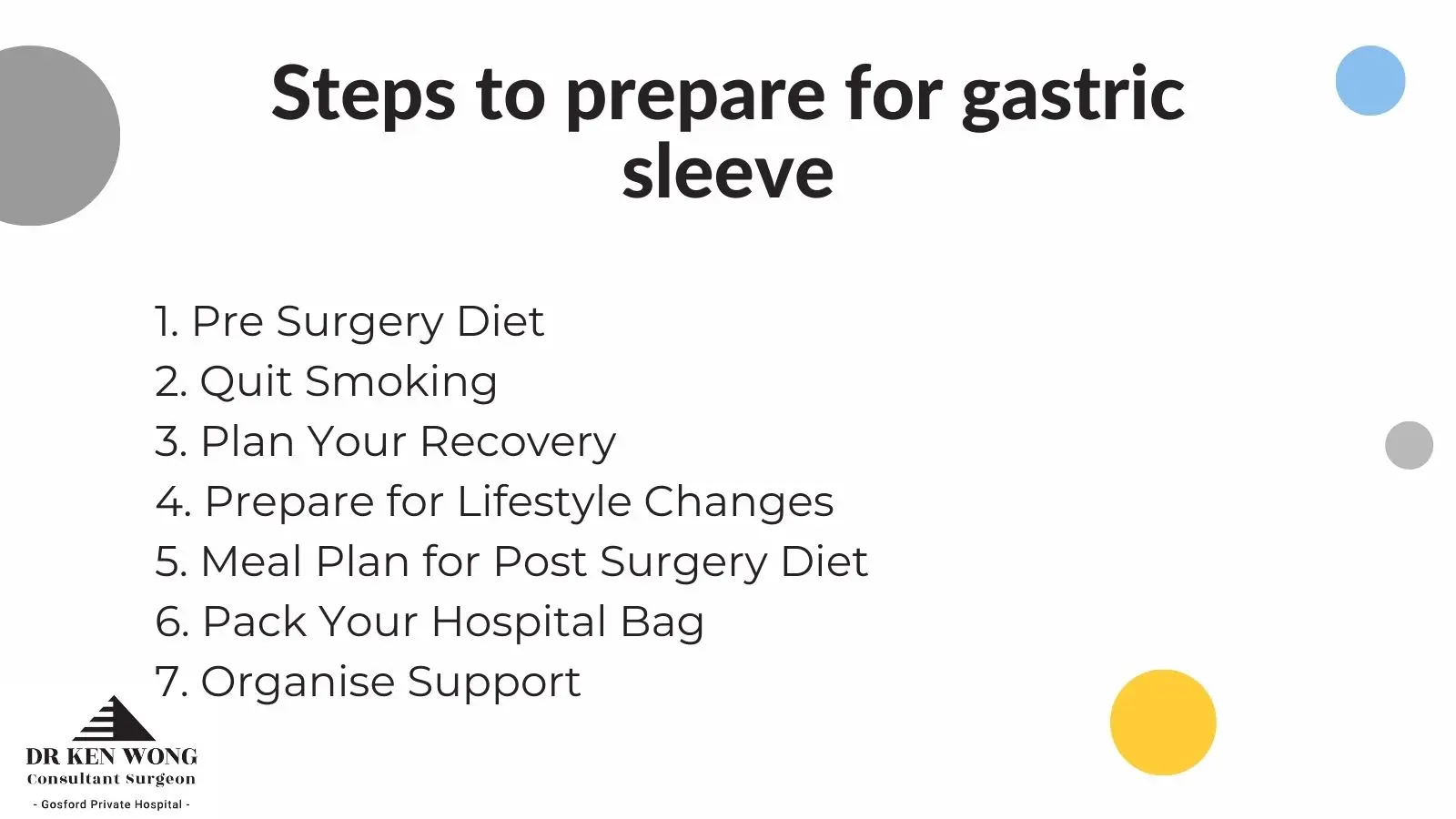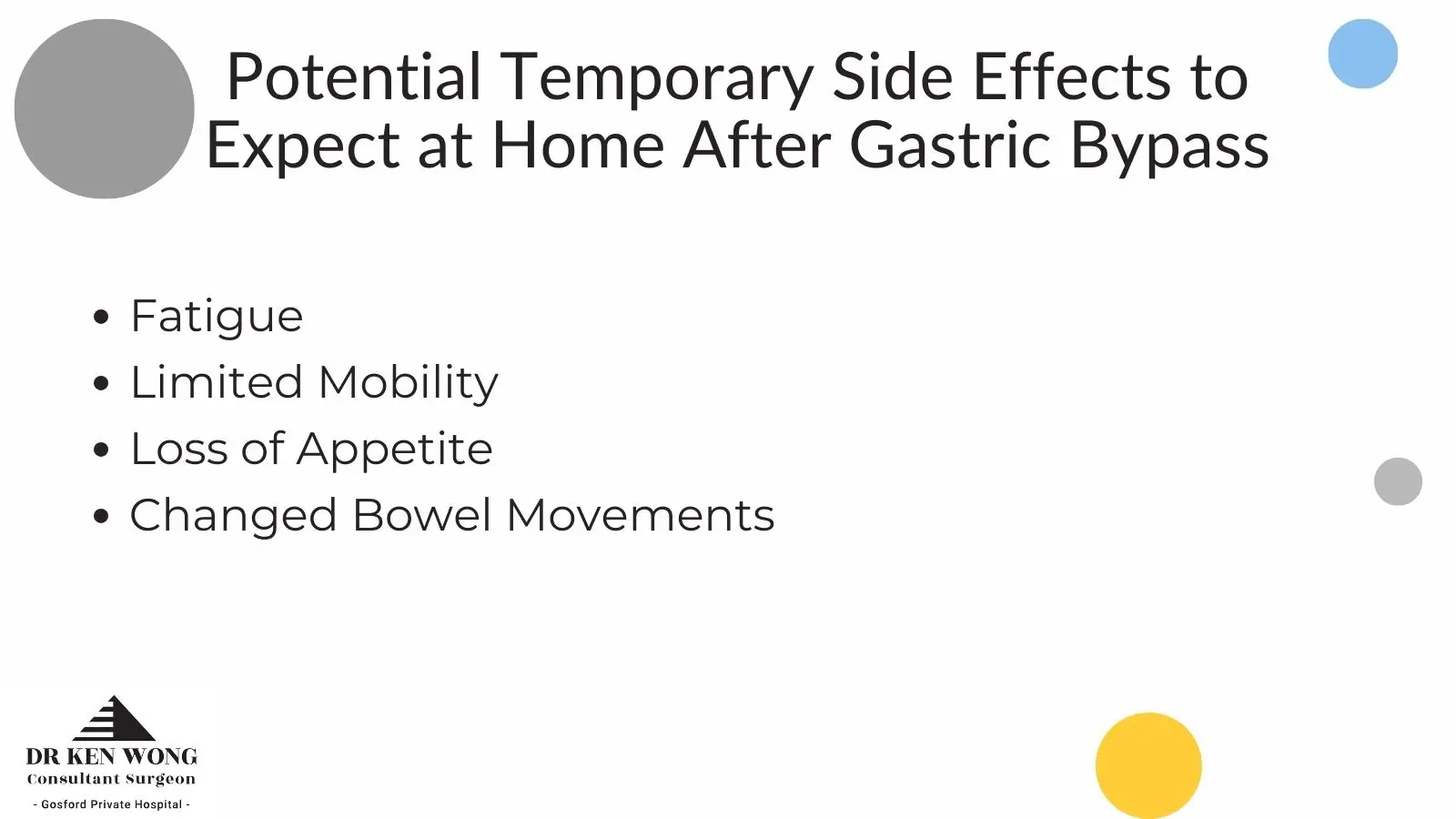
Gastric sleeve surgery is a highly effective weight loss procedure, used to help those with obesity and comorbid health concerns to lose weight and lead a healthy, balanced life. The procedure is designed to decrease the size of the stomach to about 15% of its original size, resulting in drastically reduced room for food, and a lower likelihood of overeating.
The successful outcome of gastric sleeve surgery is dependent on the expertise of the surgeon, how well the patient has prepared for the procedure, and how prepared they are to enforce lifelong healthy habits. Specifically, this article will delve into gastric sleeve prep - insufficient preparation can significantly reduce the risks involved and ensure the effectiveness of gastric sleeve surgery.
The Importance of Preparation for a Gastric Sleeve
While the surgery itself is considered to be safe, there are several risks that naturally come with the procedure, as with all types of surgery. Each surgeon will provide clarity on what these risks are, but it’s important to understand that they can be minimised by following the right practices before undergoing gastric sleeve surgery.
By taking the necessary steps to prepare for a gastric sleeve surgery, not only will the risks be kept to a minimum, but patients will also be better prepared for the changes in their body weight and lifestyle after the surgery. Here are 7 essential preparatory steps that patients can take before gastric sleeve surgery:

1. Pre Surgery Diet
In the weeks prior to the surgery, the weight loss clinic will work with the surgeon and a dietician to prescribe a pre-surgery diet for patients to adhere to. This diet is designed to do three things — lower the risk of complications during the surgery, improve the safety of the procedure, and acclimatise individuals to the adjusted eating portions and behaviours after the surgery.
3 weeks before the surgery, the recommended diet will be planned to:
- Reduce the intake of sugars and carbohydrates from foods like soft drinks, bread and pasta.
- Increase daily protein portions to 60 grams and over, from foods like eggs, salmon, and chicken.
- Limit fat sources to healthy fat from fish, olives, and nuts, rather than from butter or fried food.
- Maintain good hydration levels by drinking lots of water and avoiding alcohol.
2-3 days before the surgery, patients will be on an all-liquid diet. Food intake will be limited to water, soup, and low-calorie isotonic drinks. This is necessary to prepare the digestive system for the surgery. Failing to adhere to the instructed diets may result in a cancellation of the surgery due to the high risk of complications.
2. Quit Smoking
Individuals who smoke are not eligible for weight loss surgery due to the potential recovery risks related to the negative health impact that results from smoking. Smokers face a higher risk of surgical wounds becoming infected post-op due to vascular occlusion (when veins become blocked), and thus are not typically allowed to undergo the procedure.
3. Plan Your Recovery
Most patients will be able to return home within a few days after the surgery to continue recovering for up to 2-3 weeks. During this time, it’s normal to face difficulties or discomfort when moving around. Plan ahead for the recovery period and ensure that others are close by to offer support when required. Keeping a clear schedule is also recommended as it allows patients to focus on recovery safely without straining themselves at the risk of causing new complications.
4. Prepare for Lifestyle Changes
It’s important to keep in mind that the surgery is not a magic fix for weight loss. Consistent weight loss is achieved by making lifestyle changes such as eating smaller, healthier portions, as well as engaging in regular exercise activity.
Patients should prepare both mentally and physically to commit to a new lifestyle and habits that will promote weight loss, as well as provide a better quality of life.

5. Meal Plan for Post Surgery Diet
Similar to a pre-surgery diet, a post-surgery diet will be necessary for at least the first 4-6 weeks of recovery. The new stomach sleeve and digestive system will be very sensitive to the type of foods consumed during this period.
In the first week of post-surgery, patients will be restricted to liquid diets, with the exception of drinks that contain caffeine or added sugar. In the following two weeks, this diet will open up to include thicker sources of liquid food such as yoghurt, and pudding, as well as pureed food that can include eggs, fish, soft fruits, and vegetables. As the recovery progresses into the fourth week, the meal plan will return the same type of allowances as during pre-surgery.
6. Pack Your Hospital Bag
After the surgery, patients typically spend about one to two days in the facility for recovery before being discharged. Having a hospital bag packed and prepared with all of your necessities will make your recovery easier.
7. Organise Support
Last but not least, it can help to garner support from loved ones in preparation for the surgery. Leading a balanced and healthy lifestyle is often a life-long journey, and having others come alongside for support, especially leading up to and after the surgery can make a big difference in the experience and eventual outcome. Let your loved ones know that you’re going to undergo a weight loss procedure means that you’ll have the physical and emotional support needed for these big upcoming changes.
